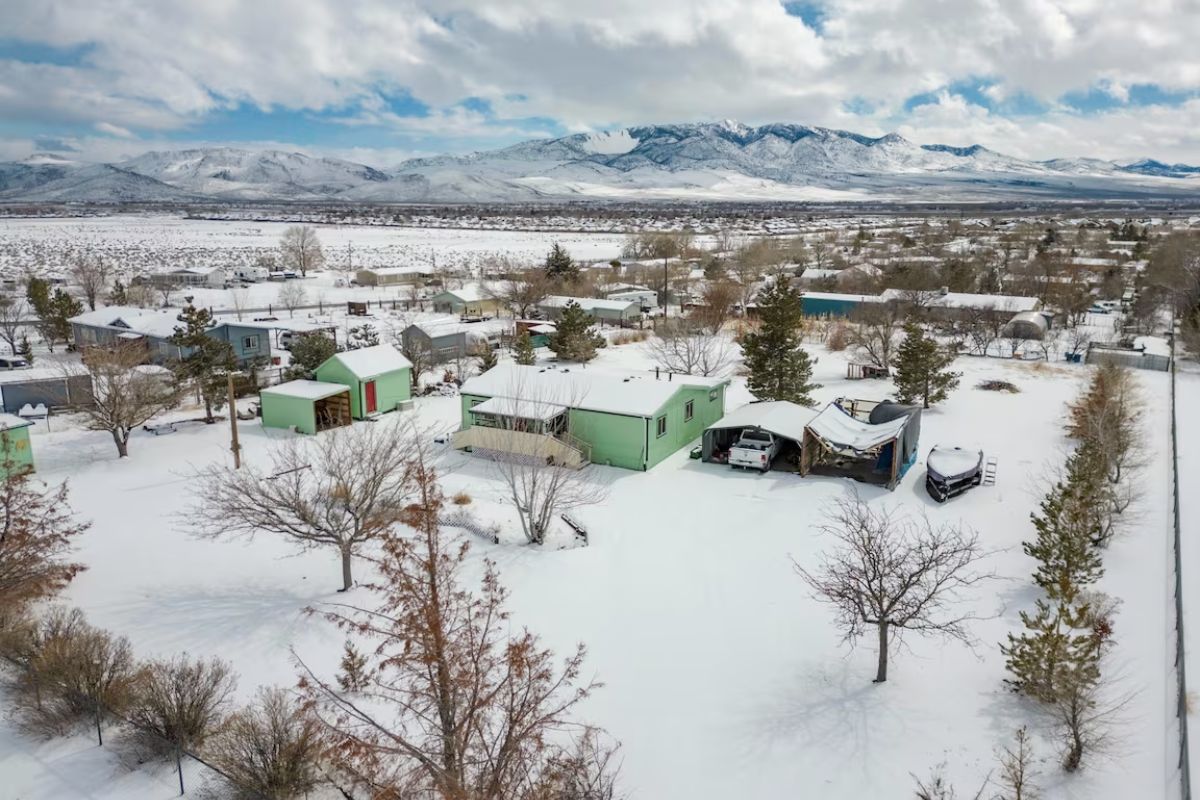As a real estate agent in Carson Valley, I’ve seen a growing interest in alternative housing solutions. One trend that’s gaining significant traction is the accessory dwelling unit (ADU). But what exactly is an ADU, and more importantly, should you consider owning one? Let’s explore the ins and outs of ADUs and how they might fit into your real estate goals.
Defining an Accessory Dwelling Unit
An accessory dwelling unit, often referred to as an ADU, is a secondary housing unit located on a single-family residential lot. It’s a self-contained living space with its own kitchen, bathroom, and sleeping area. ADUs can take various forms:
- Attached ADUs: These are connected to the main house, such as a converted garage or a separate addition.
- Detached ADUs: These are standalone structures, like a backyard cottage or a converted shed.
- Internal ADUs: These are created within the existing footprint of the main house, such as a basement or attic conversion.

Benefits of Owning an ADU
There are numerous advantages to owning an accessory dwelling unit:
- Increased Property Value: Adding an ADU can significantly boost your property’s value, making it a valuable investment.
- Rental Income: ADUs can generate a steady stream of rental income, helping to offset mortgage payments or provide additional financial security.
- Multigenerational Living: ADUs are ideal for accommodating aging parents, adult children, or other family members, allowing for greater independence while maintaining proximity.
- Guest House: ADUs can serve as comfortable guest accommodations for visiting friends and family.
- Flexible Living Space: ADUs can be used as home offices, art studios, or hobby rooms, providing flexible living space to suit your needs.
Considerations Before Building an ADU
Before constructing an accessory dwelling unit, there are several crucial factors to consider:
- Local Regulations: Zoning ordinances and building codes vary by location. It’s essential to research the regulations in your area to ensure your ADU complies with local requirements.
- Cost: Building an ADU can be a significant investment. Consider the costs of materials, labor, permits, and potential impact fees.
- Size and Design: Determine the size and design of your ADU based on your needs and the available space on your lot.
- Utilities: Ensure that your property can accommodate the additional utility connections required for an ADU.
- Impact on Neighbors: Consider the potential impact of an ADU on your neighbors, such as increased traffic or noise.
ADUs in Carson Valley
Carson Valley is seeing a growing interest in ADUs as homeowners seek flexible housing solutions.
The relaxed lifestyle and beautiful surroundings make ADUs an attractive option for both homeowners and renters.
However, it’s crucial to research local regulations and work with experienced professionals to ensure a successful ADU project.
Is an ADU Right for You?
The decision to own an accessory dwelling unit depends on your individual circumstances and goals. If you’re looking to increase your property value, generate rental income, or create flexible living space, an ADU might be an excellent option.
However, it’s essential to carefully consider the costs, regulations, and potential impact on your property and neighbors.
If you’re considering building an accessory dwelling unit in Carson Valley, I’m here to help. Contact me today for a consultation to discuss your options and ensure a successful ADU project.







Leave A Comment